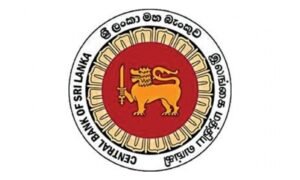
Amidst growing concerns over the spread of Streptococcal Toxic Shock Syndrome (STSS), or commonly known as ‘flesh-eating bacteria’ across Japan, Sri Lankan health authorities have moved to reassure the public, emphasizing that there is no cause for panic.
However, Sri Lanka’s Epidemiology Unit Director, Dr. Samitha Ginige, speaking Read Sri Lanka said while the disease can be severe, it is not a new or uncommon condition.
“It’s important for the public to understand that STSS is a treatable bacterial infection. Although there have been reports of drug-resistant cases leading to fatal outcomes, these instances are rare. The key message for the public is not to panic but to remain informed and seek medical advice promptly if they experience symptoms associated with STSS,” Dr. Ginige reassured.
The outbreak in Japan has particularly affected Tokyo, where local reports indicate a significant rise in cases compared to previous years. According to the Centers for Disease Control and Prevention (CDC), STSS requires immediate medical attention and treatment with antibiotics to manage the infection and stabilize the patient’s condition.
Streptococcal Toxic Shock Syndrome is caused by certain strains of Streptococcus bacteria and can progress rapidly to a life-threatening condition if not promptly treated. Initial symptoms include fever, chills, muscle aches, nausea, and vomiting, which can escalate within 24 to 48 hours to severe complications such as low blood pressure, organ failure, and rapid heart rate.
The death rate among those affected is reported to be approximately 30 percent, with adults over 30 years old being the most affected demographic group.








